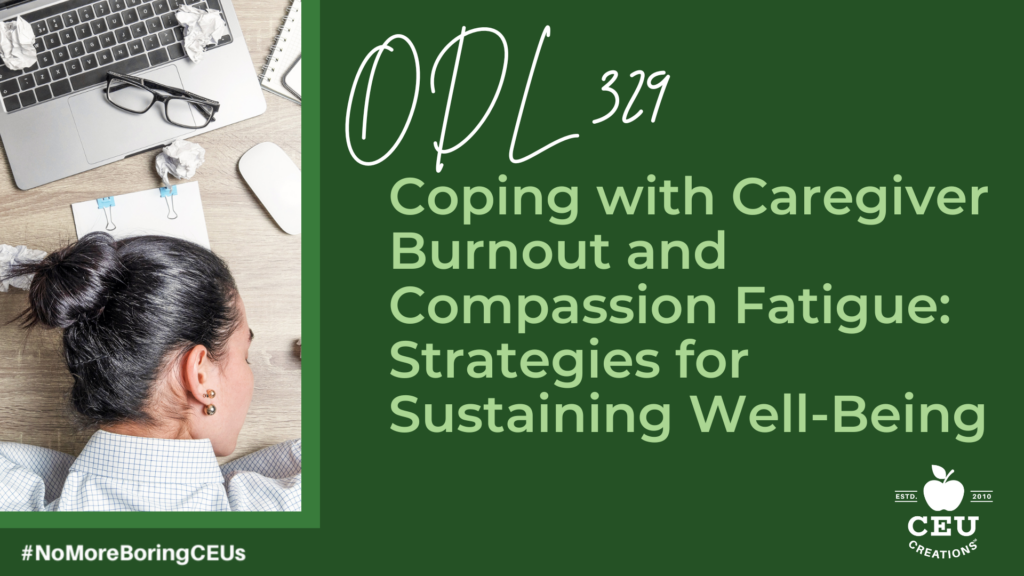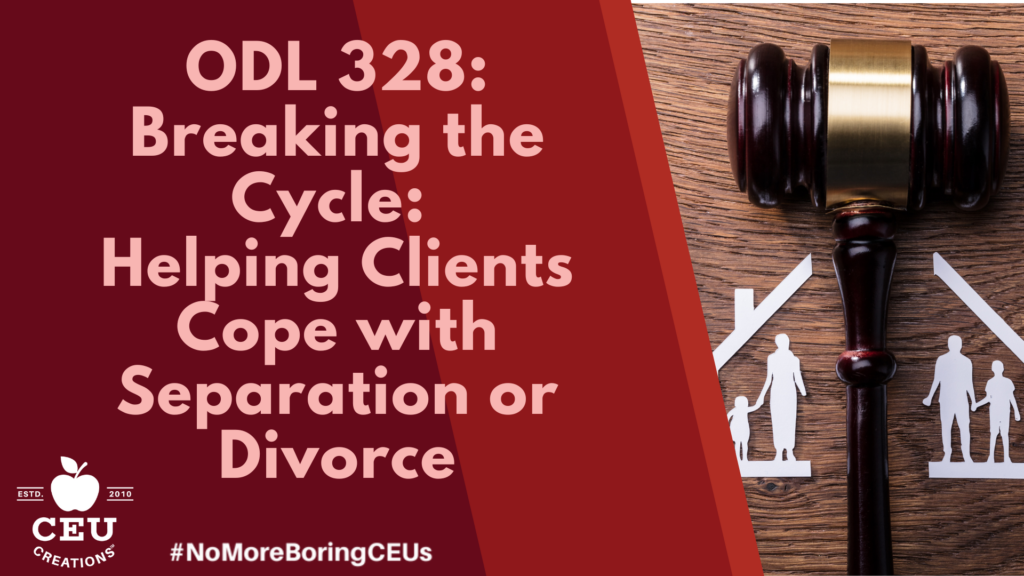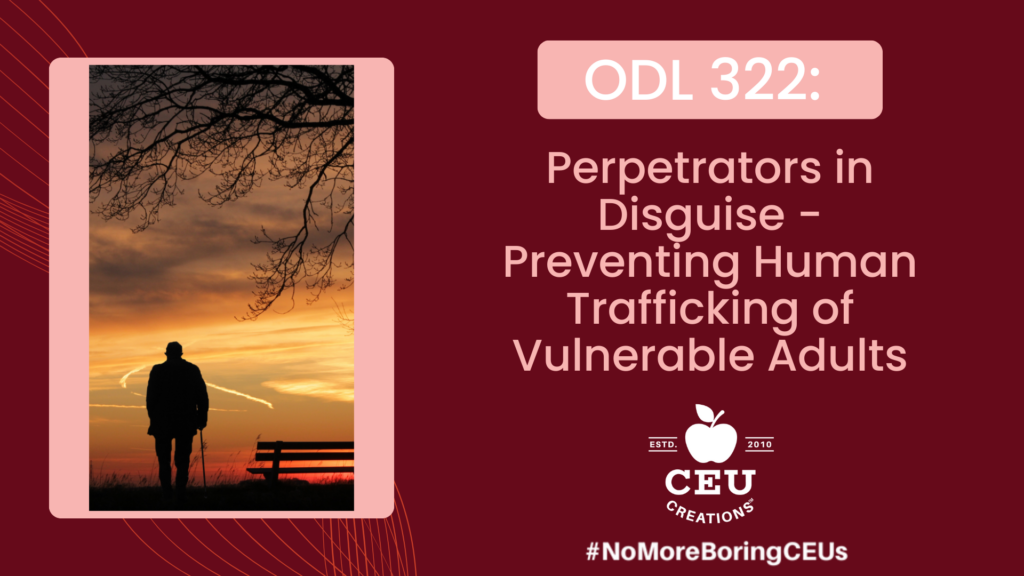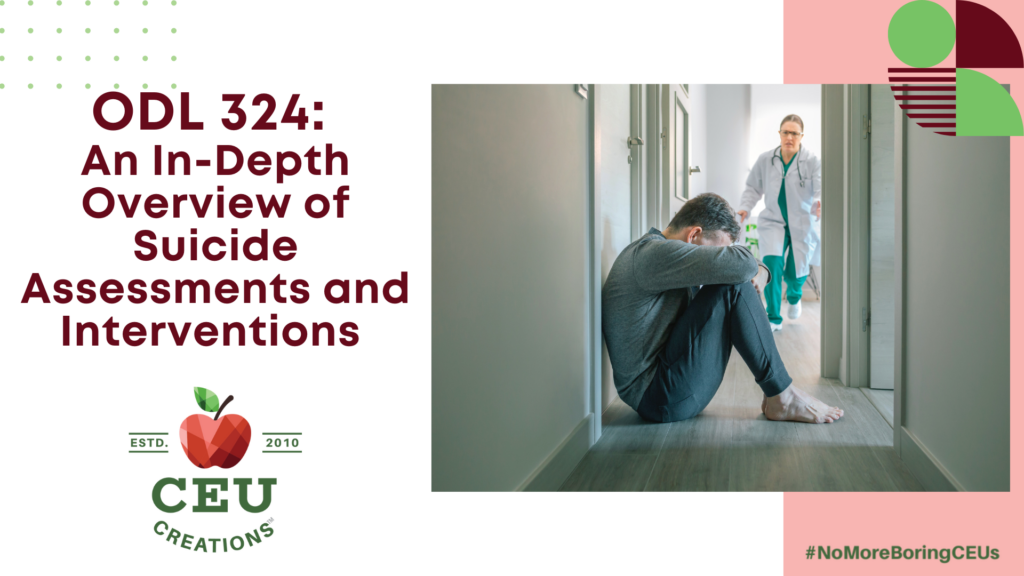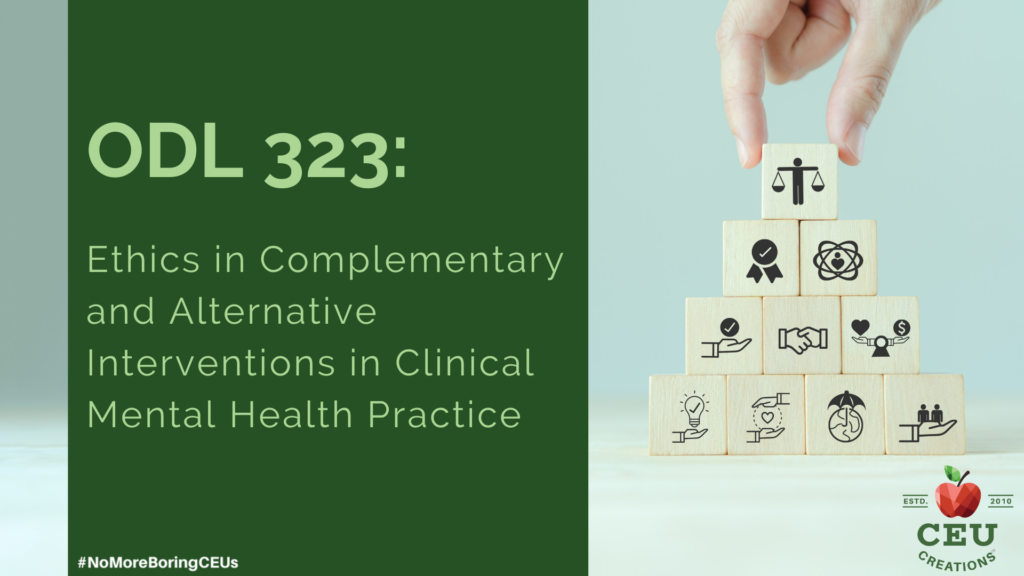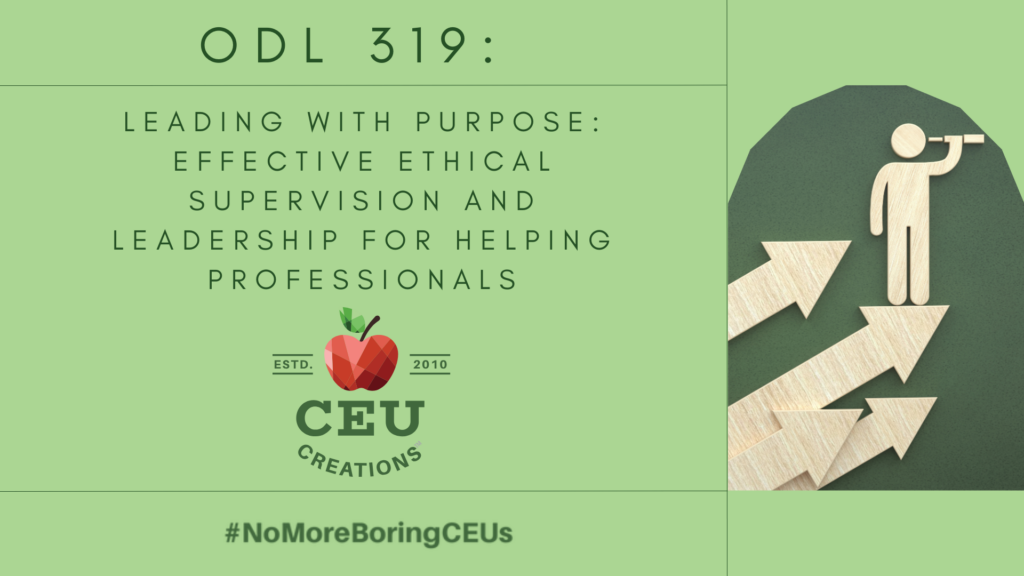
Please make sure to check with your own state board to ensure the transferability of CE credit for an asynchronous course. Some state boards may place restrictions regarding the modality of training required for ethics credits to be awarded. If this training indicates ethics credits are available, please verify that your state allows them to be earned through an on-demand course format.
1 CREDIT HOUR APPROVED FOR:
Social Workers
ASWB ACE – 1 CE Credit
New York State Education Department’s State Board for Social Work – 1 Contact Hour
Psychologists
APA – 1 CE Credit
Counselors
NBCC ACEP – 1 Contact Hour
New York State Education Department’s State Board for Mental Health Practitioners – 1 Contact Hour
Substance Abuse Counselors
NAADAC – 1 Contact Hour
Nurses
California Board of Registered Nursing – 1 Contact Hour
New York State Education Department’s State Board for Mental Health Practitioners – 1 Contact Hour
Case Managers
CCMC – 1 Contact Hour
Created On: 6/11/25
Target Audience:
This course is targeted for social workers, psychologists, counselors, nurses and case managers.
Counselor Skill Groups:
3. Treatment Plan
4. Counseling Services
Overview:
Healthy relationships require self-awareness and effective communication. Grounded in attachment theory, EFT operates on the premise that secure emotional bonds are fundamental to the well-being and longevity of healthy relationships. Through a blend of experiential techniques, empathetic exploration, and restructuring of negative interaction patterns, EFT facilitates a deeper understanding and validation of emotional needs, fostering a secure attachment and enhancing relational satisfaction. EFT offers a structured framework comprising three key stages: de-escalation, restructuring, and consolidation. By creating a safe therapeutic environment, promoting healthier communication patterns and fostering greater emotional accessibility, EFT empowers individuals and couples to cultivate secure attachments and foster resilience and intimacy within their relationships.
Course Objectives:
By the end of the session, the participant will be able to:
- Identify attachment formation and style during childhood.
- Analyze the relationship between core beliefs formed from attachment and unhealthy relationship cycles.
- Describe Emotionally Focused Therapy as a modality to increase awareness and insight into traumatic events from childhood.
- Apply EFT framework and techniques to cultivate secure attachments.
Presenter:
Shama Panjwani, PhD, LPC, ACS, NCC, CCMHC
Dr. Shama Panjwani is an Asian Indian speaker and expert in trauma-informed care, focusing on attachment, immigration, cultural/racial, and intergenerational traumas while integrating holistic wellness approaches to addressing trauma in a culturally competent manner. She is currently a professor in the clinical mental health counseling program at Keiser University. Dr. Panjwani has a private practice, SoHolisticEnergy Counseling & Consultation, LLC, where she provides clinical services to clients and supervisees. She also provides consulting services to organizations and institutions on diversity, equity, and inclusion (DEI) and workplace wellness.
Dr. Panjwani has a PhD in counselor education and supervision with a specialization in cross-cultural psychology and organizational leadership. She is a national certified counselor, a certified clinical mental health counselor, a board-certified telemental health provider, licensed professional counselor, and an approved clinical supervisor.
Her research presentations and publication focus on topics such as reducing mental health stigma, immigration, acculturation, trauma, social justice and advocacy, multiculturalism and diversity, psychedelic-assisted therapy, crisis counseling, as well as approaches used to increase cross-cultural awareness and wellness, and leadership skills within academia and other institutions. She has been working in the mental health field for more than 9 years. She is actively involved in conducting consultations, workshops, and presentations to create awareness and destigmatize mental health and wellness for the BIPOC (black, indigenous, and people of color) community on an individual and organizational level by increasing their access to effective and culturally responsive treatment.













